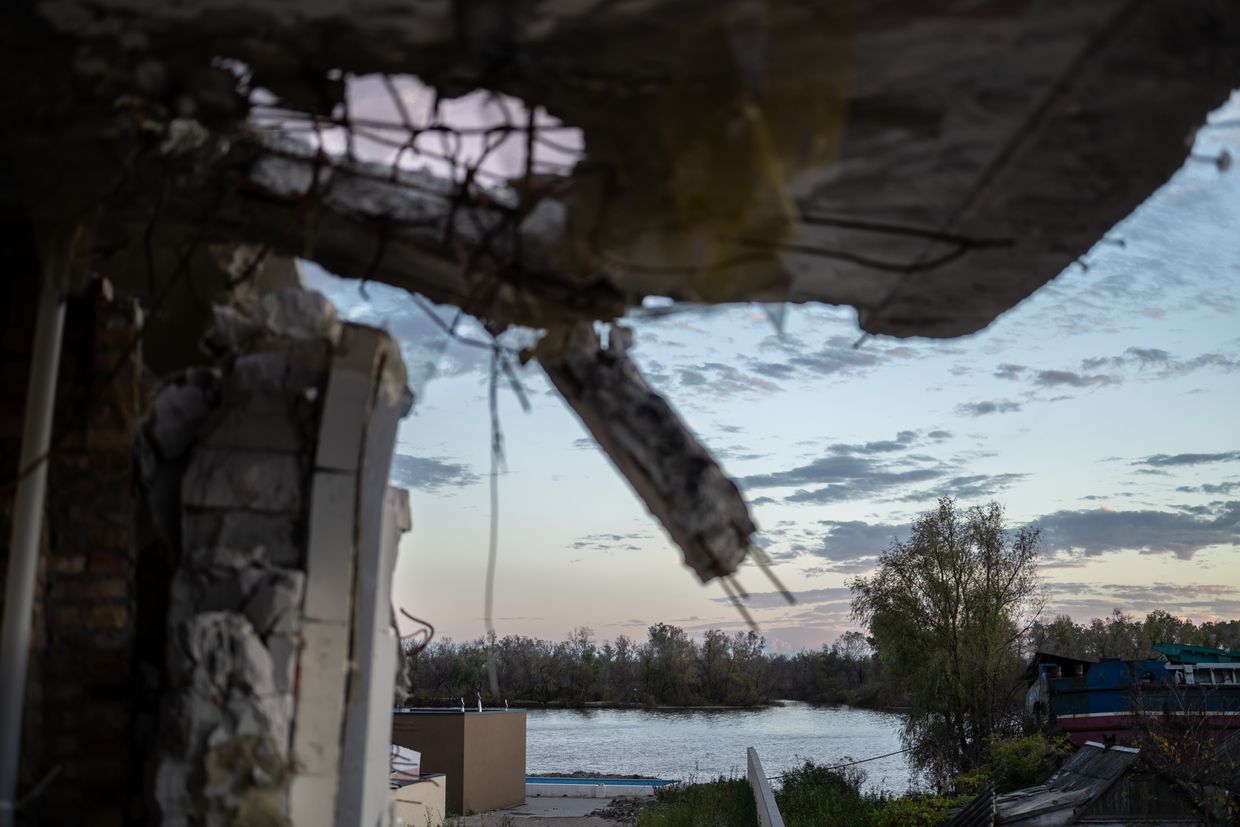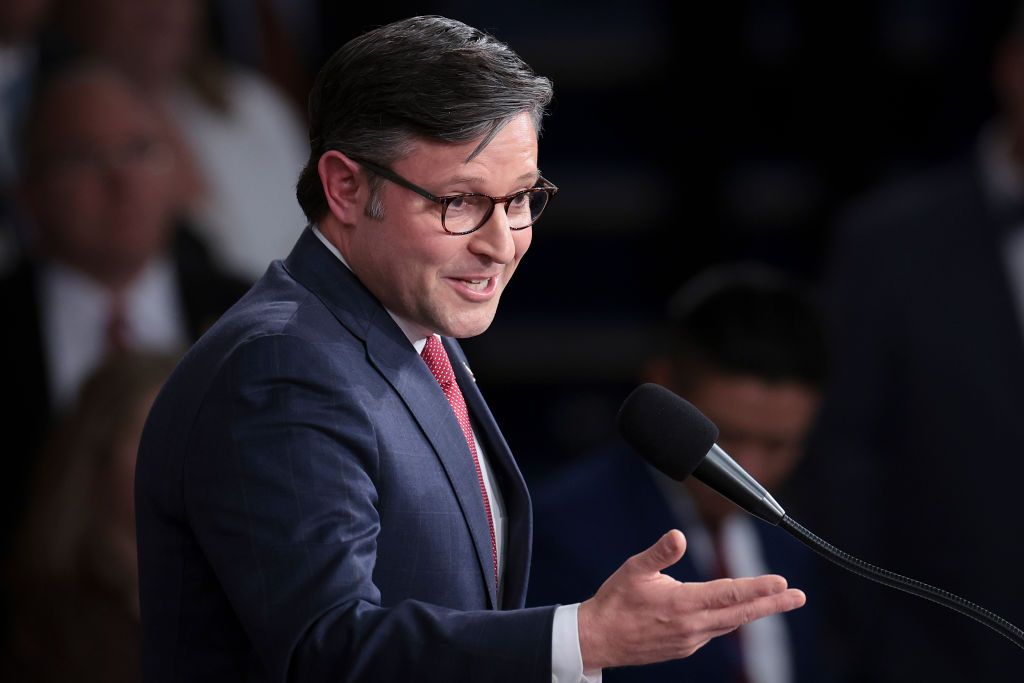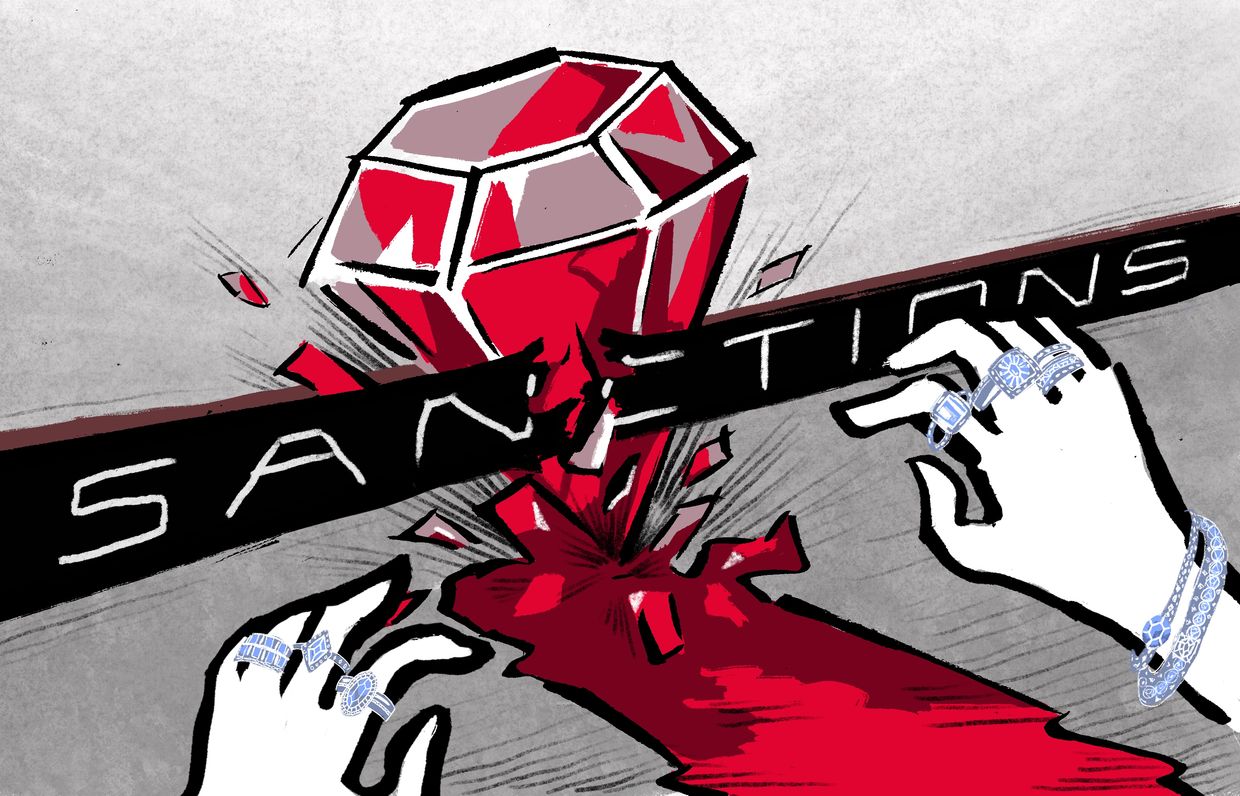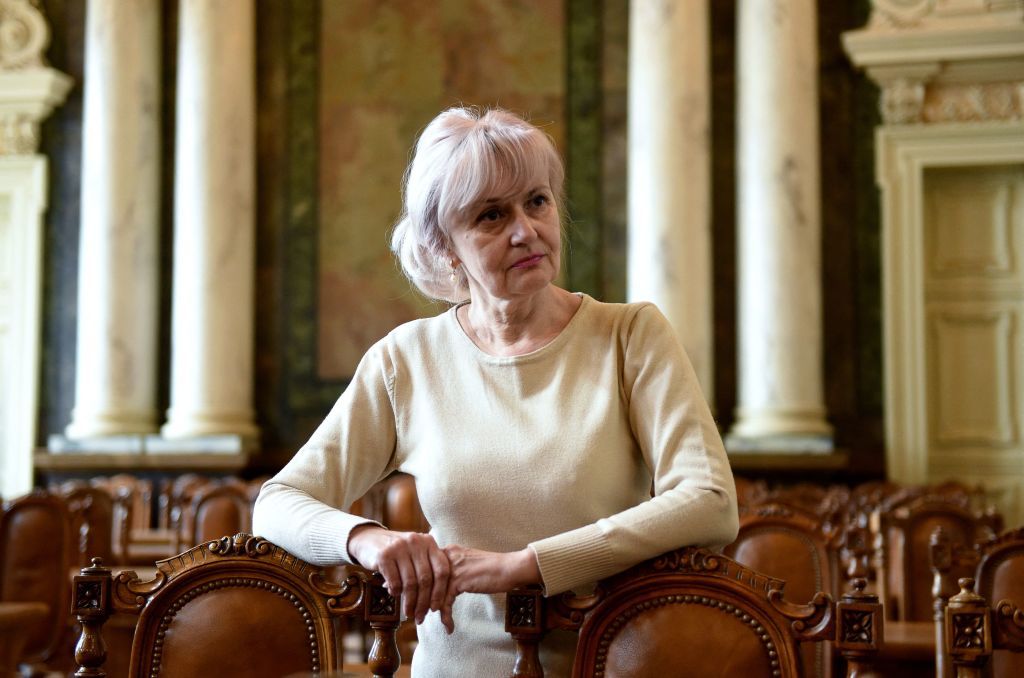Ukraine war latest: Russia admits Ukrainian troops operate on Dnipro River's occupied east bank

Key developments on Nov. 15:
- Russia admits Ukrainian troops operate on Dnipro River's occupied east bank.
- Washington Post: Banned Russian oil flows into Pentagon supply chain.
- US to fund international center for prosecution of Russian aggression with $1 million.
- At least 1 killed, 7 injured in Russian missile strikes on Zaporizhzhia Oblast.
- Majority leader: US Senate to consider Ukraine aid bill after Nov. 23.
Russia-installed head 0f the occupied parts of Kherson Oblast admitted on Nov. 15 that Ukrainian soldiers established positions on Dnipro River's east bank.
Volodymyr Saldo, Russian-controlled official in the occupied region, said on his Telegram channel that small groups of Ukrainian soldiers operated in the area between a railway bridge over Dnipro and Krynky, a village some 35 kilometers east of Kherson.
Nataliia Humeniuk, the spokesperson of Ukraine's Southern Operational Command, said that Russian forces are "actively defending" near the Dnipro River.
Ukraine has been conducting cross-river raids into the occupied east bank since February, with more intensified attacks reported since August.
U.S. aid to Ukraine?
The U.S. Senate will reconvene after Nov. 23 to consider a joint funding bill that includes aid for Ukraine and Israel, Senate Majority Leader Chuck Schumer said during a press conference on Nov. 14.
He added that the proposed bill will be a "very high priority" and had bipartisan support.
The U.S. House of Representatives passed a stop-gap funding bill to avoid a government shutdown that did not include additional aid for Ukraine or Israel on the same day.
U.S. President Joe Biden has previously asked Congress to approve just over $105 billion in funding, with more than $61 billion for Ukraine. The request has prompted calls from some members of the Republican party, including House Speaker Mike Johnson, for clear objectives in Ukraine before allocating additional funds.
As the funding conversations continue in Congress, the U.S. State Department announced it would provide $1 million to support the International Center for the Prosecution of the Crime of Aggression Against Ukraine on Nov. 14. The center launched this summer will allow Ukraine and its partners to collect evidence in the first step in the creation of a special tribunal on Russian aggression.
EU's push for sanctions
While the U.S. decision-makers deliberate on additional aid, the EU is finalizing a proposal for sanctions against Russia.
The bloc's upcoming 12th sanctions package may include export bans on machine parts and other dual-use goods Russia uses for producing arms against Ukraine, according to a report from Bloomberg on Nov. 15.
Other proposals reportedly include measures to reinforce the $60-per-barrel price cap on Russian seaborne oil. The proposal comes amid media reports about Moscow’s circumvention of international sanctions.
Independent Russian media outlet Agentstvo claimed that the Russian Technological University in Moscow managed to import a high-tech drone detector from Canada on Nov. 15.
The Washington Post's investigation earlier found that banned Russian oil continues to flow into the U.S. military supply chain via a Greek oil refinery that services Pentagon, despite Western prohibitions.
Ex-MP Farion fired and charged over student message leak
Ukraine's Security Service (SBU) launched criminal proceedings against linguist and former lawmaker Iryna Farion for leaking a private message that reportedly led to the arrest of a student in occupied Crimea, the SBU announced on Nov. 15.
Later that day, Education Minister Oksen Lisovyi said she was also fired from her position at Lviv Polytechnic University.
Farion’s disparaging statements about Russian-speaking servicemen and women of the Ukrainian military caused a public outcry earlier this month. Amid backlash, the former far-right lawmaker posted a message of support she received from a pro-Ukrainian student in the occupied Crimea, exposing his personal information.
The decision from SBU comes after Ombudsman Dmytro Lubinets requested the service to look into Farion’s decision to share personal information, which allegedly exposed the student to threats from the Russian authorities in the occupied Crimea.













